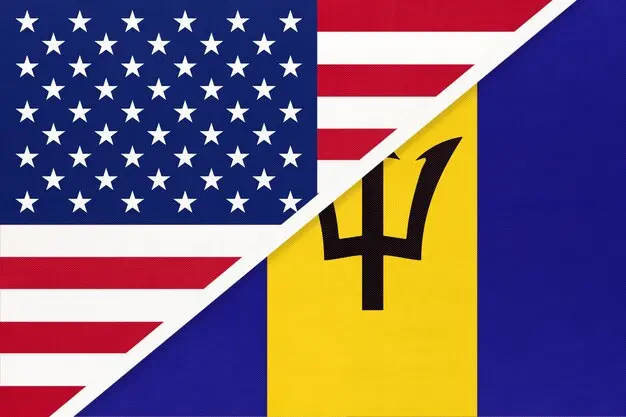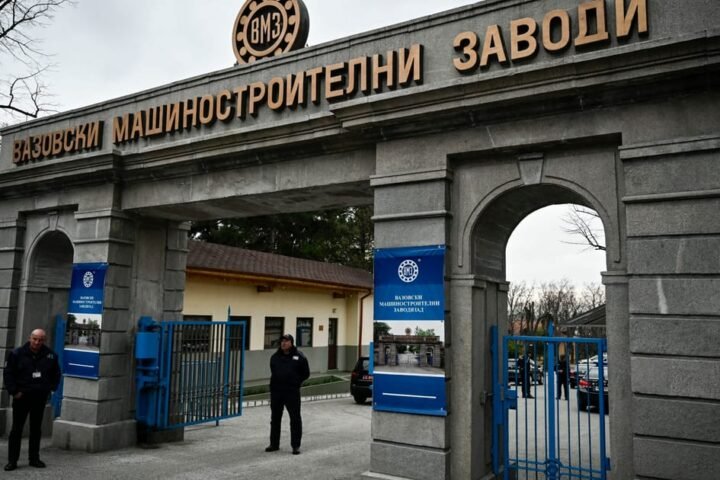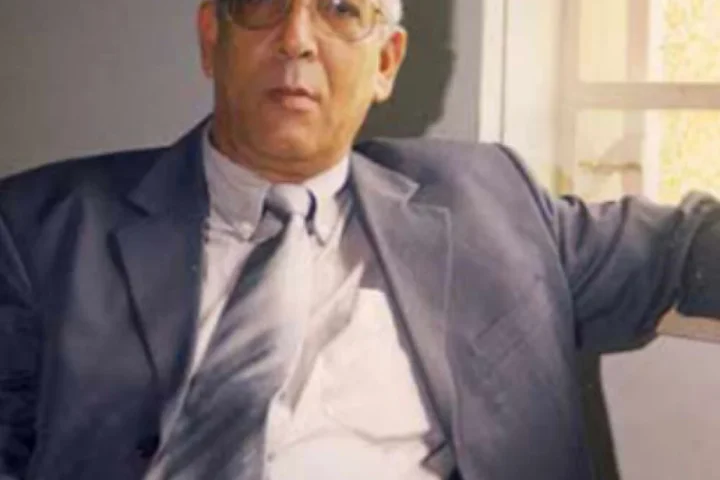EU’s Role in Shaping Global Trade Amid Geopolitical Tensions, Says BMW’s Niederländer
As geopolitical tensions escalate, the European Union (EU) has a crucial opportunity to influence the global trade landscape, provided it overcomes internal challenges, reports 24brussels.
Frank Niederländer, BMW Group Vice President for Government Affairs Europe, highlighted that while Europe aimed to lead through the Green Deal, it fell behind as competitors prioritized speed and investment. “Europe had the ambition to lead with the Green Deal, setting the pace for the global economy,” Niederländer stated. He emphasized that regulatory focus stifled progress, allowing other regions to advance more rapidly.
The automotive sector in Europe is renowned for high-quality manufacturing, with an EU target of achieving zero emissions for all vehicles by 2035. However, China has surged ahead in electric vehicle (EV) innovation, leaving the EU with only one of the world’s top 15 battery electric vehicles manufactured within its borders. Niederländer pointed to national regulatory variances as a significant hindrance to the growth of electric vehicles in Europe.
In a recent interview with POLITICO Studio, Niederländer addressed the shifting global trading system and its implications for investment flows and supply chains. He stated that other regions are strategically investing in industrial bases while Europe risks marginalization by falling behind. “The risk for Europe isn’t deglobalization, it’s marginalization,” he warned.
He called for the EU to adopt a more strategic trade policy that enhances competitiveness while addressing strategic dependencies. Niederländer suggested that Europe could position itself as a credible force for open and fair trade if it aligns its environmental, economic, and trade policies and strengthens its cohesion internally.
In light of increasing isolationist policies from the United States, Niederländer sees potential for renewed EU engagement with global partners and stresses the importance of free trade agreements. He urged Europe to leverage its strong Single Market and technological prowess to lead the global trading system rather than merely responding to its outcomes.
Niederländer acknowledged the convergence of climate ambition and industrial competitiveness as vital for Europe’s future. He reiterated BMW’s commitment to sustainability, emphasizing investments in battery technology and circular economy principles. “We have long embedded circularity into the core of our strategy,” he noted, highlighting BMW’s innovations aimed at reducing CO2 emissions significantly.
He also discussed the need for Europe to focus on collaborative opportunities in climate-neutral industry and resilient supply chains, suggesting that rapid recalibration of priorities is essential to remain competitive in a changing geopolitical environment. “We need to envisage growth as an imperative again,” he concluded.
With growing worldwide competition, the EU faces an essential crossroad in shaping the future of global trade and industrial leadership, a challenge compounded by the need to balance climate objectives with economic resilience.









